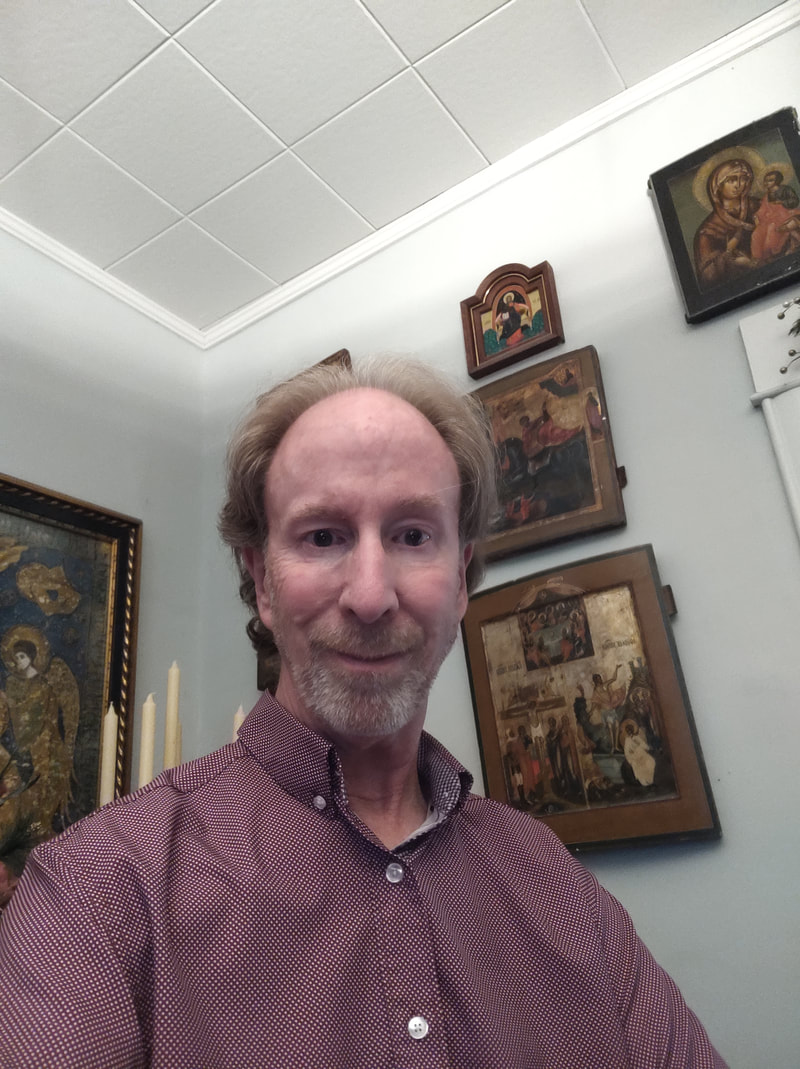|
We had a nice discussion in one of our latest Shepherd Groups where we are studying on Great Historical Preachers and Leaders. In one session we had some wonderful conversations concerning this passage from one of the books we are using as a reference.
Moody was an incipient theological liberal, or a fundamentalist. In the last quarter of the nineteenth century a number of trends converged to challenge the traditional doctrines of the Christian faith. The umbrella term commonly used to cover this convergence is ‘liberalism’. The streams that converged to produce liberalism were Unitarianism, transcendentalism, the evolutionary worldview, radical higher criticism, and philosophical idealism. The full-blown result of this convergence was a liberalism that viewed the Bible as essentially a human book; accepted a moral influence theory of the atonement; emphasized the immanence of God nearly to the point of pantheism; insisted on the essential worth of human nature; and preached the universal Fatherhood of God and brotherhood of man and the Social Gospel. This convergence was pretty well completed in the first two decades of the twentieth century, and with that came a polarization between the liberals and those who soon came to be known as the fundamentalists. And with that came the question, ‘Where would Mr Moody stand?’, a question asked in no less a liberal journal than The Christian Century in its issue of 12 July 1923. This editorial brought to public attention a debate that had been brewing for some time: Who were the true heirs of Moody? Was it the YMCA in which Moody had early on been such a formative influence and the Northfield schools he had founded, both of which were steadily moving down the road toward liberalism? Or was it Moody Bible Institute? Would Moody have stood with the liberals or the fundamentalists? The Christian Century’s answer was unmistakable: not with what it perceived to be the fundamentalist stance of the Institute. Even Moody’s younger son Paul argued within the pages of this same liberal voice that his father was for his day a liberal and that if ‘he were living today [1923] … he would be … more in sympathy with the men who, like Fosdick, are preaching what he loved to spread—the love of God and the power of Christ—than with those who are attempting to persecute them because they will not substitute certain shibboleths’. That such a question should even be asked, let alone require an answer, might seem strange in light of what we have seen about the conservative evangelical theology implicit in Moody’s preaching. Still, there was some justification for the question. Moody was a man of broad spirit. Lyman Abbott rightly lauded him for his catholicity of spirit. Within a few days of Moody’s death, liberal Old Testament scholar, George Adam Smith, bemoaned the fact that ‘we have lost not only one of the strongest personalities of our time, but a man who was more able than any other to act as a reconciler of our present divisions’. Moody’s close personal relationship with Henry Drummond and his invitations to higher critics such as Smith and William Rainey Harper to speak at Northfield were further reasons why these questions emerged. ( From " Mr. Moody and the Evangelical Tradition ". By Timothy George )
0 Comments
Your comment will be posted after it is approved.
Leave a Reply. |
Reverend Patrick Vossen,
|

